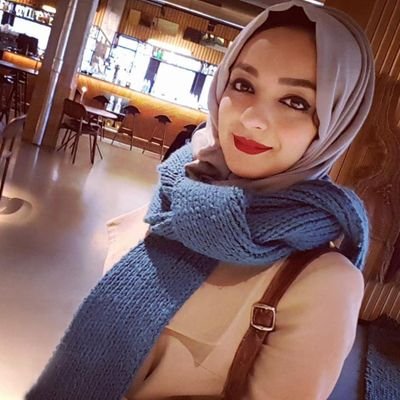The holy month of Ramadan, in which Muslims fast from sunrise to sunset, is a time for physical and spiritual discipline, self-reflection and giving back to the community, and while fasting is a key part of Ramadan, most worshippers look forward to the communal element of the month, marked by social gatherings, charity and congregational prayers.
The coronavirus pandemic gripping the world in 2020, however, meant Muslims had to give up on the many rituals and traditions key to this time of year, as lockdowns and social distancing measures were enforced by governments across the world to slow the spread of the virus and protect their citizens.
Mosques everywhere, including at Islam’s three holiest sites in Makkah, Madina and Jerusalem, had to close their doors to worshippers, suspending all congregational prayers, including Taraweeh, the special Ramadan nightly prayers which bring large numbers of Muslims together.
READ: Keeping active in Gaza this Ramadan
Ramadan tents and communal iftars, which often see large numbers of people come together to break their fast and offer food for the less fortunate, were banned. And the Ramadan cannons announcing the end of each fast could only be heard on TV.
The bustling bazaars across much of the Arab and Islamic world turned into ghost towns amid nation-wide curfews. And hakawatis, storytellers who traditionally tell folktales throughout the month, had to also stay at home.
To overcome the lockdown challenges, people resorted to using digital platforms to arrange virtual communal iftars, encourage donations and livestream prayers and religious webinars. And to keep the spirit of giving alive, charities organised food deliveries in place of iftar gatherings.
Many Muslims wait for Ramadan to visit Makkah and perform the optional lesser pilgrimage, Umrah, but this has also been suspended as part of the lockdown measures which have seen all congregational activities banned. And the Kaaba, the most sacred site for Muslims, has been off-limits to worshippers as Saudi Arabia’s grand mufti called on Muslims to perform their prayers at home, including Taraweeh, which usually brings thousands of people together.
In occupied East Jerusalem, the Al-Aqsa Mosque compound was also closed for worship in a bid to stem the spread of the coronavirus in the occupied Palestinian Territories.
Throughout the holy month of Ramadan, and extending into the Eid festival period, the grounds of the third holiest site in Islam, ordinarily packed with tens of thousands of worshippers at this time of year, stood almost deserted – with only a handful praying outside its gates and in the courtyard several feet apart, and wearing face masks.
The ban of gatherings in Palestine started with the shut down of the Church of the Nativity as officials confirmed the first cases of COVID-19 in Bethlehem. Since then, the Jerusalem Islamic Waqf Council, the authority responsible for overseeing the city’s Islamic and Christian holy sites, suspended all congregational prayers and worship in mosques and churches across the city.
Lockdown: Palestinians uphold social distancing during Taraweeh prayers in Al-Aqsa Mosque courtyard
Jerusalem’s Palestinian residents, who are all too familiar with military curfews and lockdowns imposed by Israeli occupation forces, were hit hard by the ban on congregational prayers at Al-Aqsa in the Old City.
Over the past few years, Israeli authorities have been seeking to change the status quo at the Muslim holy site, imposing metal detectors at its enterances, limiting Muslim access to the site and allowing Israeli settlers to storm it regularly to carry out tours and prayers inside. Palestinian protests in response led to the reversal of some of these policies.
As with all Muslim communities, socialising and big gatherings are part and parcel of the spirit of Ramadan as they get together to celebrate, pray and break their fast. For those living in non Muslim countries, this creates a sense of home away from home, and mosques play an important role in consolidating that sense of community.
With lockdown in place, mosques closed their doors to worshippers and communal iftars were no longer on the table, leaving the world’s 1.8 billion Muslims observing the holy month in private, taking the time to reflect and connect with family.
Ramadan 2020, which began on 24 April with the sighting of the crescent moon, has been marked by empty mosques and modest iftars within the confines of family homes, followed by a muted Eid Al-Fitr, the festival at the end of the month, as much of the Arab and Muslim world announced a ban on collective Eid prayers and celebrations.








